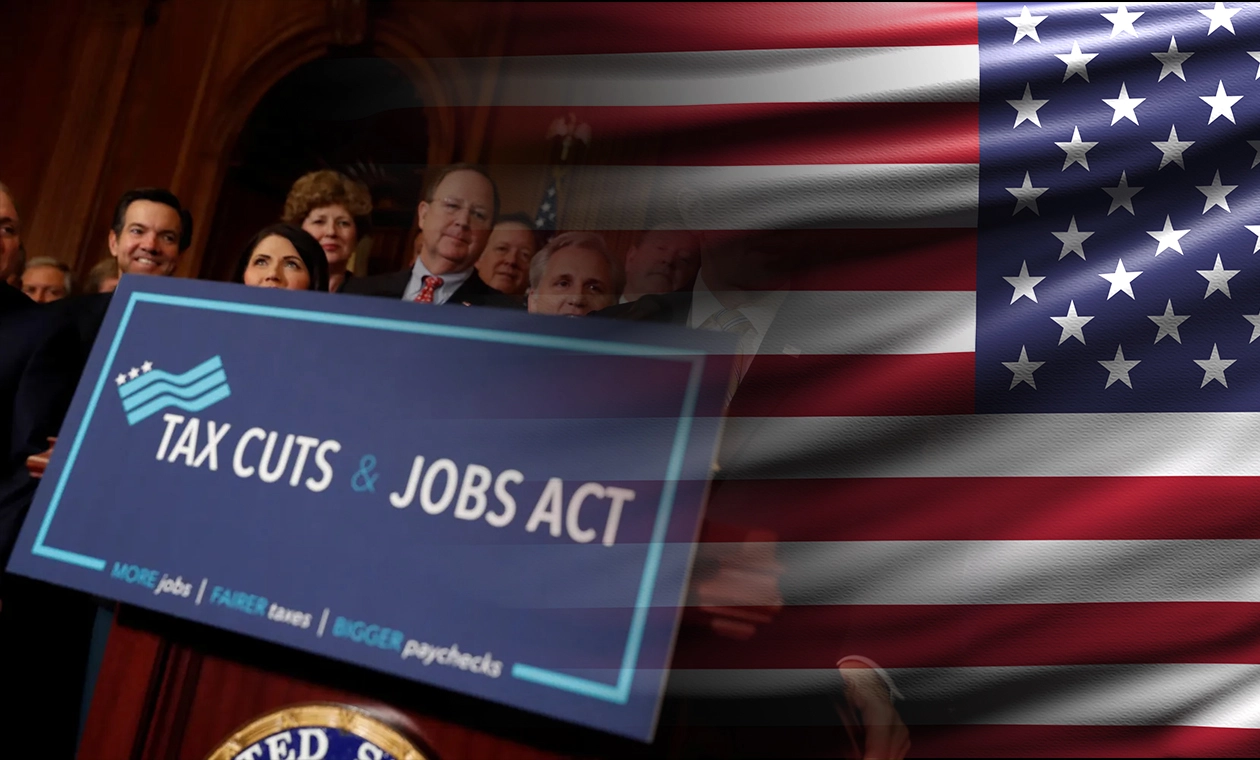The Tax Cuts and Jobs Act (TCJA) of 2017 will expire at the end of 2025. It will bring some significant changes to the U.S tax system. If you’re a taxpayer, it is time to start preparing for certain shifts in tax brackets, deductions, and corporate taxes.

For individuals, one of the biggest changes will be the return to pre-TCJA income tax rates. The highest tax rate will jump from 37% to 39.6%, and the income thresholds for each bracket will likely drop. So, more of your earnings could be taxed at higher rates. The standard deduction will also shrink, possibly by half. You will need to itemize deductions, making tax filing a bit more complicated.
Families will also feel the impact. The child tax credit is set to drop from $2,000 per child to just $1,000. Income limits for claiming this credit will tighten and fewer families will qualify for the full benefit. Meanwhile, wealthier individuals could see a big change in estate and gift taxes. The current exemption, which allows individuals to pass on up to $12.92 million tax-free, is expected to be significantly reduced, meaning more estates may be subject to taxation.
Businesses aren’t immune to these changes either. The 20% deduction for qualified business income (QBI), a major tax break for owners of pass-through businesses like LLCs and partnerships, is set to vanish. For small business owners, this will translate into a higher tax bill. While corporate tax rates themselves won’t automatically change, losing the QBI deduction could make a noticeable difference.
With these shifts on the horizon, now is the time to plan ahead and consider how these changes will affect you, your family, or your business. To protect your finances and make informed decisions, consulting a qualified tax professional is essential. Don’t leave your financial future to chance. Visit Legend Fusions now to schedule a consultation and get expert guidance.
Reviewed by:

Hira Asif
Hira Asif, Client Manager (US) at Legend Fusions, brings over 11 years of tax expertise, including 8 years with Ernst & Young. Her work focuses on tax advisory, compliance, and planning for individuals, partnerships, and private equity funds. With a deep knowledge of federal, state, and local tax regulations, Hira is skilled in identifying tax planning opportunities and reviewing corporate and partnership tax returns to optimize compliance and reduce exposures.

